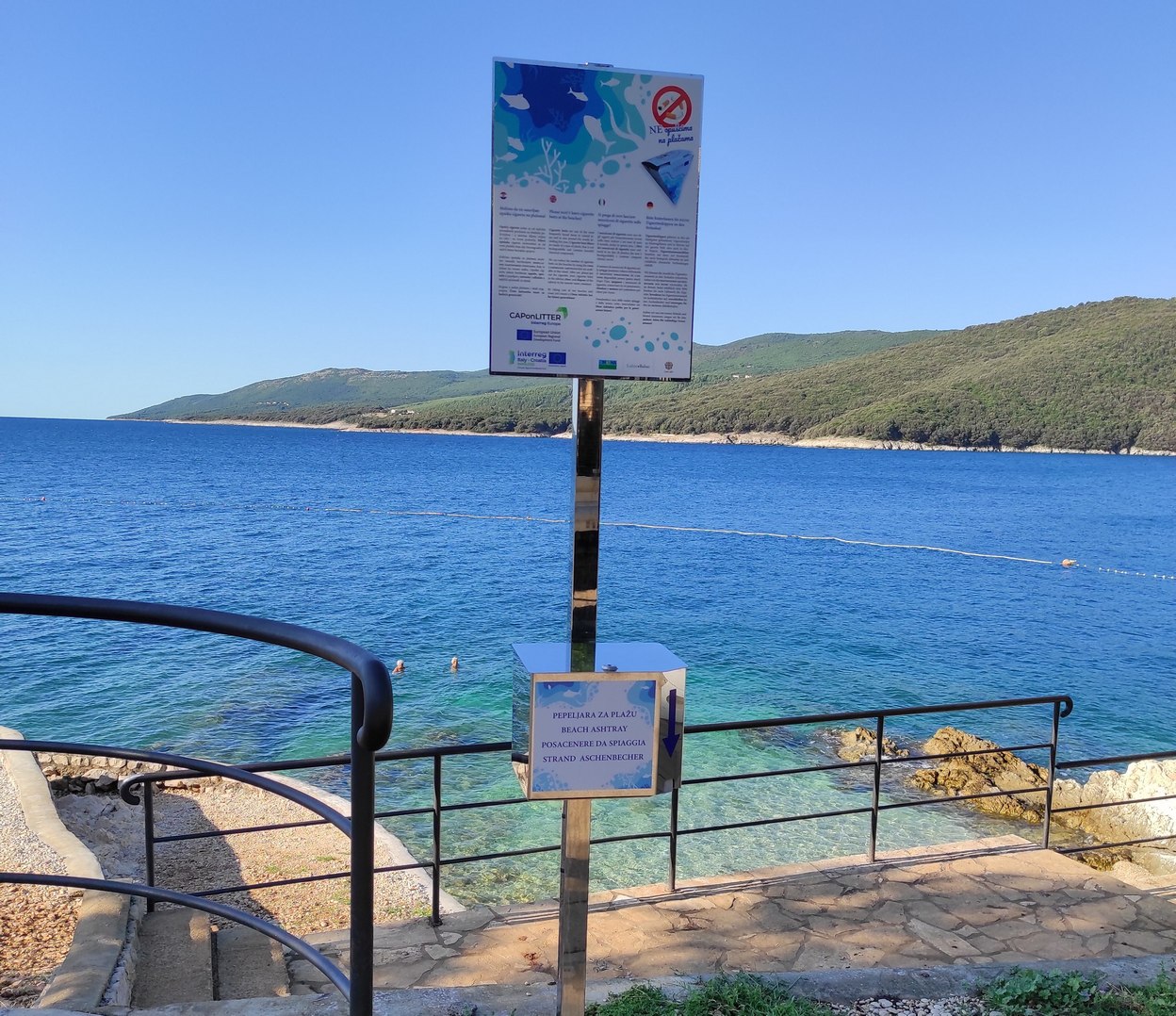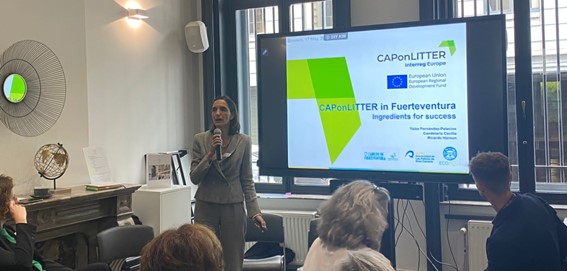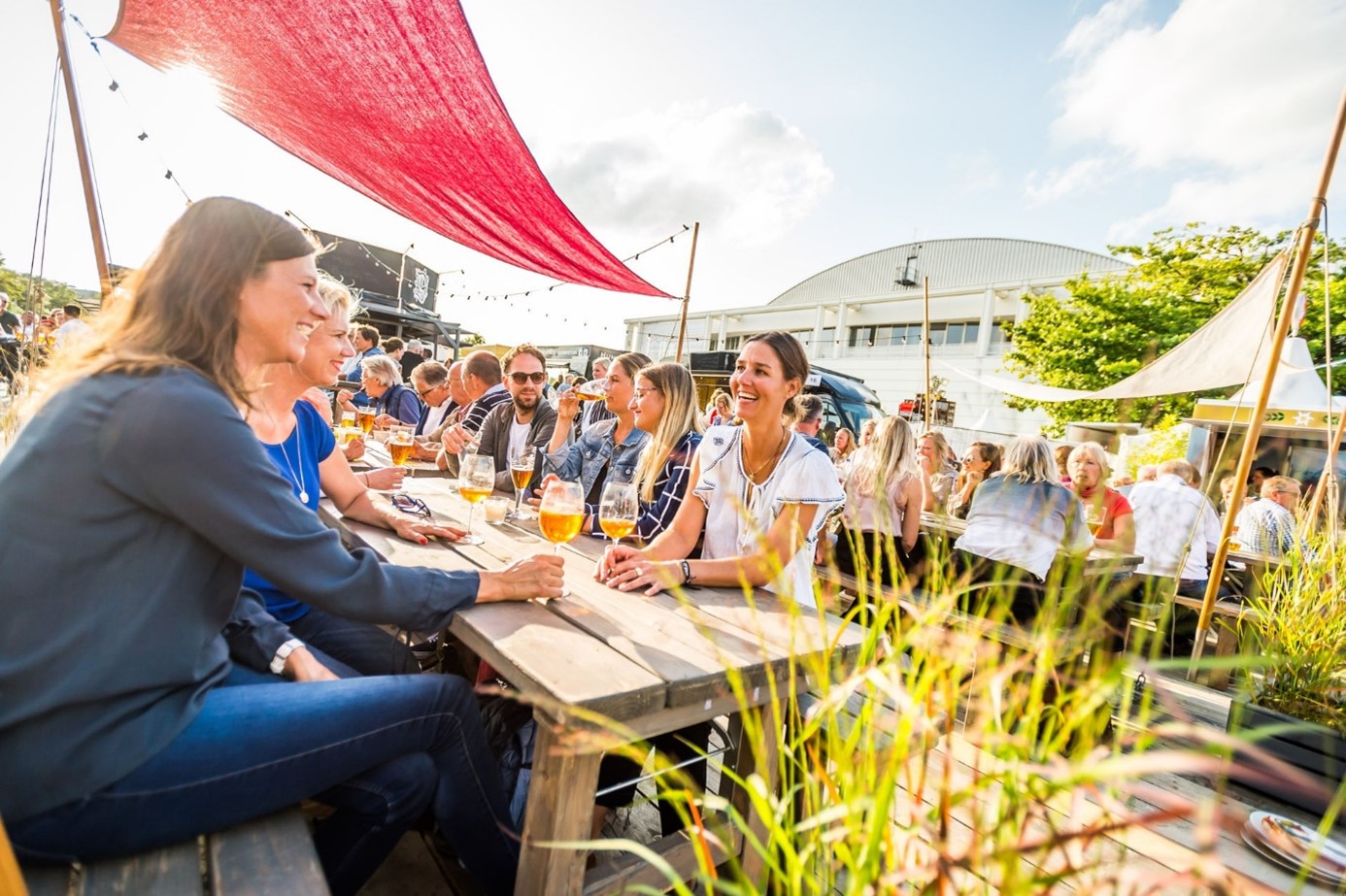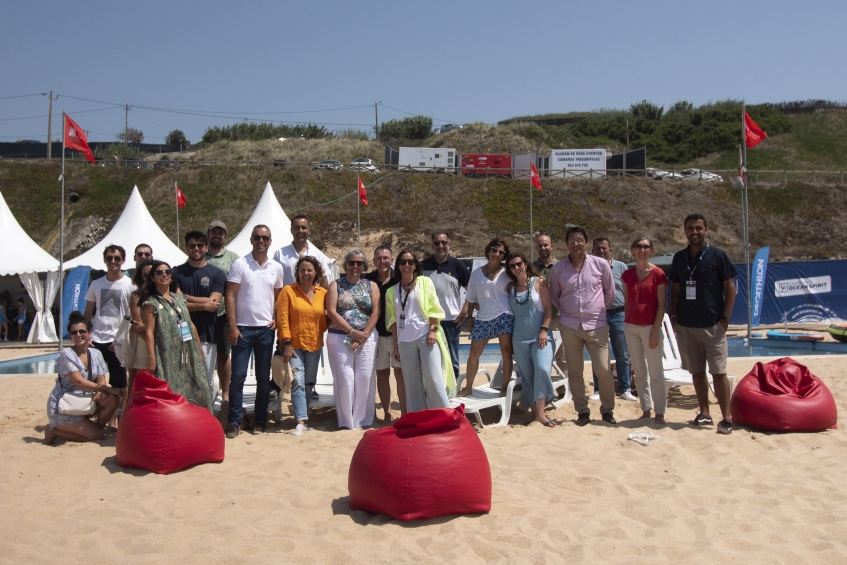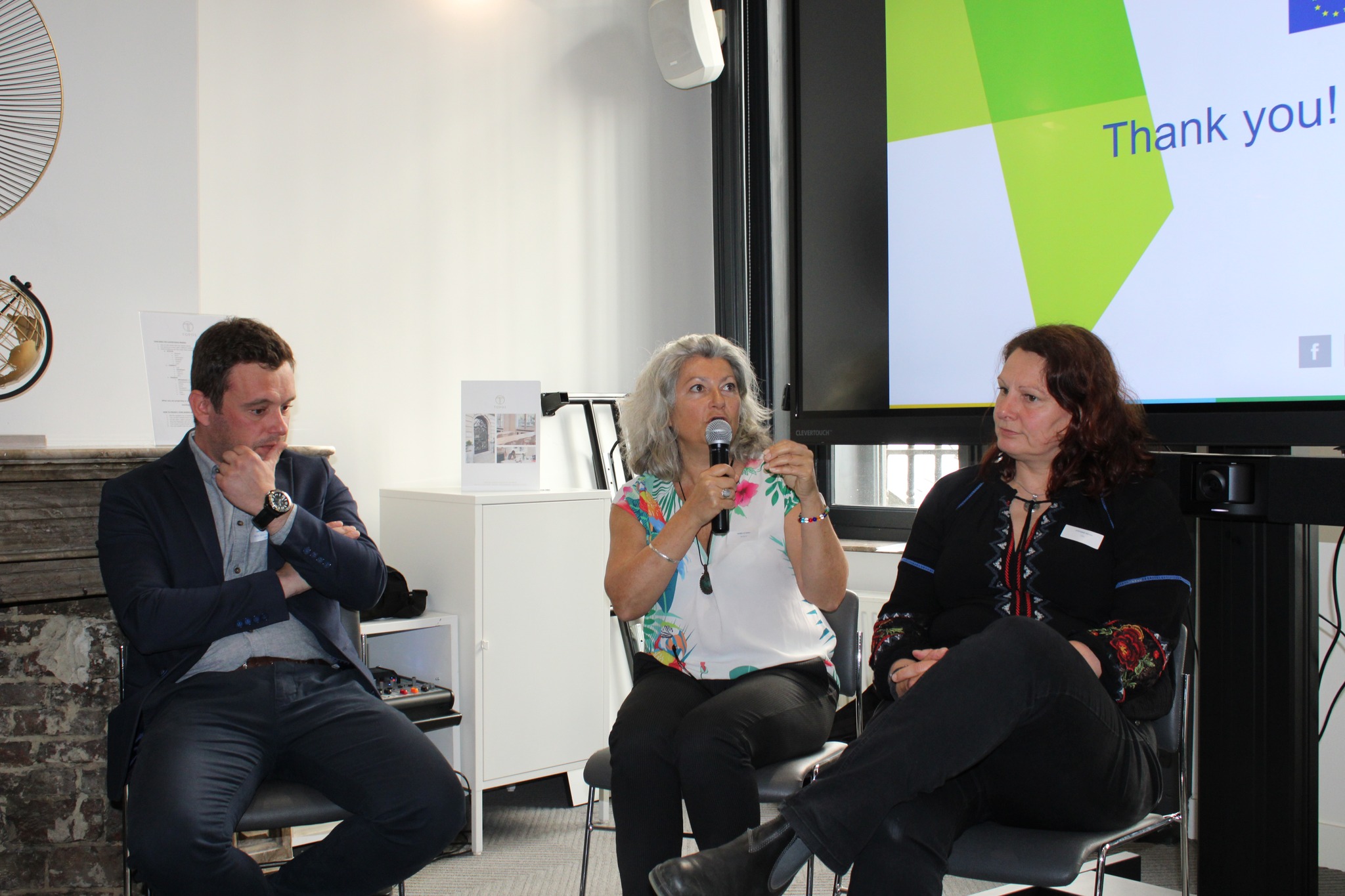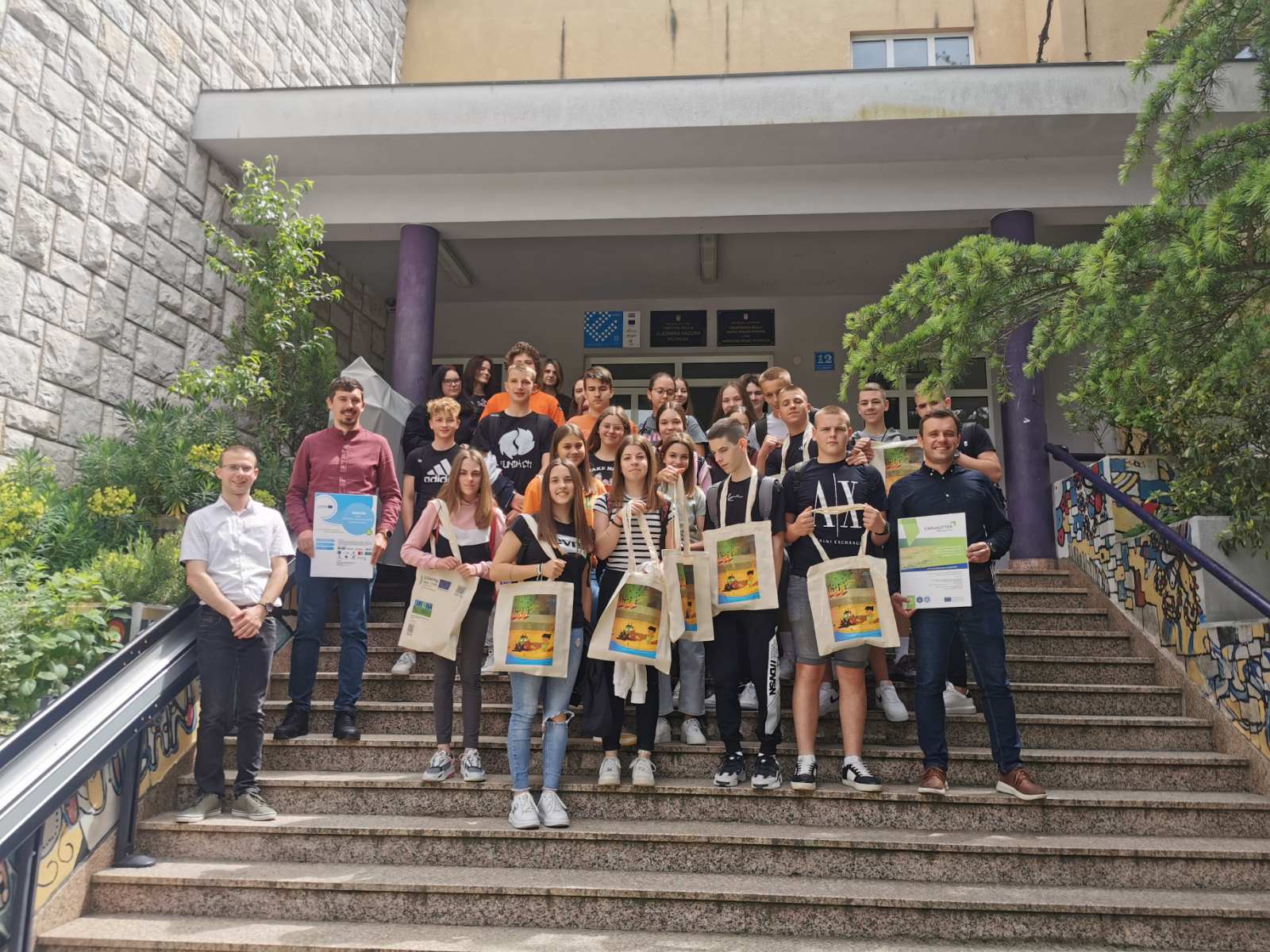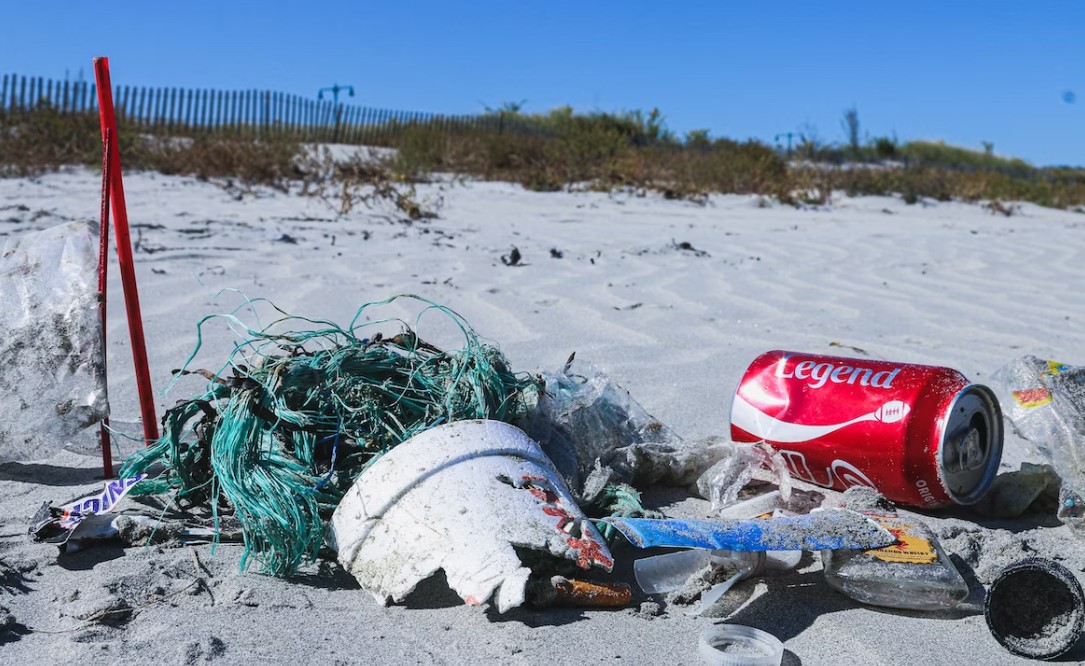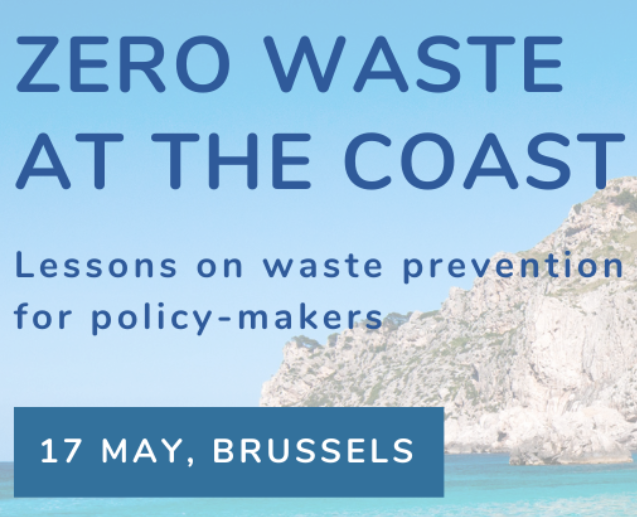On special occasions, such as gatherings and celebrations, we relax and become less aware of our ecological footprint. With this in mind, a few months ago we released “Some tips for a more sustainable Christmas!”.
Now, being the United Nations World Oceans Week 2021, we are about to start a very particular summer season. Attention is focused on boosting the economy, while the still present COVID-19 pandemic showed us the need to take care of our planet. Tourism has been one of the hardest hit sector. Traveling on vacations is one of the activities we miss the most and wish to recover as soon as possible in the new normal. In such context, from CAPonLITTER we would like to offer a few simple recommendations to become a more responsible tourist and protect the ocean environment while we enjoy.
1.- Protect your skin, and the environment!
It is widely proven that sunscreens can be very harmful to the environment. Risks include toxic impacts on marine ecosystems, for example as coral bleaching in tropical waters or endocrine and reproductive disruptions for fish, shrimps, clams, among other species, and also to us, as bioaccumulation in the trophic chain leads to disruption of human hormones.
To best protect your skin and the marine ecosystems, you can:
· Seek good shades and avoid exposure to sun in the central hours of the day.
· Use sun protective clothing to reduce the sunscreen needed and the input of substances to the environment. Hats, shirts and suits with UPF (ultraviolet protection factor) are available for all ages and sizes. Even eco-design solutions propose recycled polyesters from water bottles.
· Choose sunscreens wisely and avoid ingredients that are harmful to the environment. The most popular is oxybenzone, although as research advances more complete lists are available, such as the HEL list by the Haeretics Environmental Laboratory (HEL). You can search for certified products which help to identify ocean-friendly formulas.

© Freepik
2.- Do a mini litter pick
Needless to say, you shouldn't leave trash behind! But, what if you contribute to a cleaner seashore? For a mini litter pick, choose 1 square metre or fix 5 minutes. Make it easy and safe using a small bag and sanitizer to clean your hands when you’re done.
Such simple action makes visible the ocean litter problem as a shared responsibility and might encourage others to join. Share photos in your networks to increase visibility and add some hashtags, as: #BeachCleanUp #LitterPickers #LitterHeroes #PlasticFreeOceans. Tag our profiles @caponlitter so we can also share!

© Freepik
3. Respect wildlife
When enjoying the coast and sea it is easy to encounter marine wildlife. Be aware that this is their natural space and needs to be respected. Do not disturb or become too near, and never feed them! If you buy an excursion, make sure that the guides follow these simple yet important rules.
Feeding wildlife is a bad practice and usually banned. Main reasons are that animals become dependent on humans for food, change their behaviour patterns, and diet changes lead to health issues. Also, for our own safety, as some species can be aggressive and pose a danger.

© Freepik
4. Contribute to local sustainability at the destination
Simple actions such as recycling, using the hotel towels for several days or switching lights off (just as you do at home) mean an important contribution to the sustainability of the destination.
If you want to travel and act in an even more sustainable way, search for businesses that actively contribute to the local economy in a more ethical and ecological dynamic. To find these local initiatives you can do some research prior to travelling or use some specific tool such as the Greener Act App (more info), which at the same time informs you of the work done by each initiative in favour of the United Nations Sustainable Development Goals (UN SDGs).

© Freepik
These are just a few #SmallActionsBigImpact ideas to #MakeADifference and #SaveTheOcean


